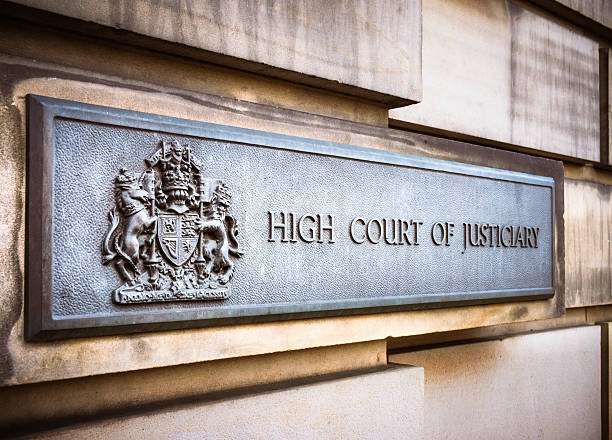
In the UK, audio recording can be a valuable asset to support your evidence in court. However, obtaining such evidence must be done legally to avoid facing potential repercussions from the law.
In this article, we will share essential tips on how to gather audio recordings lawfully, empowering you to bolster your case without running a foul of legal consequences.
Contents
Can audio recording be used in UK court ?
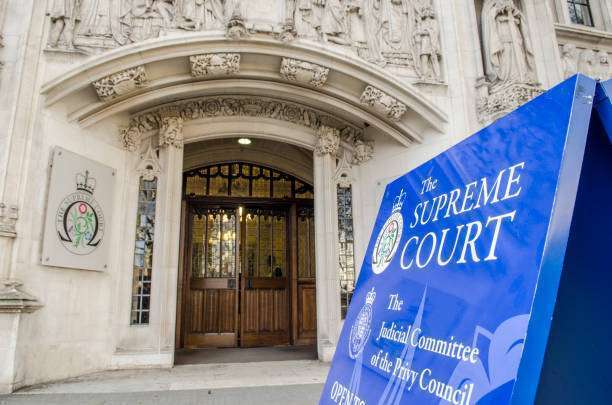
Yes. Even without consensual covert audio or video recording can be used as admissible evidence in court in UK legal proceedings.
The Court can exclude evidence if Rule 32.1 of the Civil Procedure Rules is followed.
A voice recording of a discussion or meeting may be admitted as evidence in court in UK and it may be an extremely powerful piece of evidence even if you obtain it secretly, in particular if the content contradicts witness evidence given by the person who has been recorded.
If you have recordings that were legally obtained or consent by all involved parties, then whether you can use that evidence in court will depend on your country’s & state’s rules of evidence.
Generally, you may have to prove the authenticity (validity/truthfulness) of a recording to the judge and prove whose voices or images are on the recording.
Please Be Advised : Even your voice recording is admissible by the court but the court will consider the Human Rights Act 1998 , if you obtained it legally without breaching or invading other private space, there is no punishment to you.
Application for Permission to Use Audio Recordings as Evidence
I. Introduction
- Brief overview of the case
- Explanation of the relevance of the audio recordings as evidence
II. Background
- Details of the audio recordings (date, location, parties involved)
- Explanation of how the recordings were obtained legally
III. Legal Basis
- Citations of relevant laws or court rules regarding the admission of evidence
- Discussion of consent laws and their applicability to the recordings
IV. Purpose of Using Audio Recordings
- Explanation of how the recordings support the appellant’s case
- Relevance of the recordings to the issues being appealed
V. Consent of Parties
- Confirmation of consent obtained from all parties involved in the recordings
- Documentation or statements confirming consent, if available
VI. Request for Permission
- Formal request for the court’s permission to use the audio recordings as evidence
- Statement of willingness to provide further information or clarification, if required
VII. Conclusion
- Summary of the request and its importance to the case
- Expression of appreciation for the court’s consideration
VIII. Signature
- Signature of the applicant or their legal representative
- Date of submission
This outline should help structure your formal application for permission to use audio recordings as evidence in civil appeals court. Make sure to adapt it to the specific requirements of your jurisdiction and the details of your case.
Here’s a concise step-by-step guide for submitting your formal application to use audio recordings as evidence in civil appeals court :
-
Prepare Your Application: Use the outlined format provided earlier to draft your application, ensuring to include all necessary information and supporting documentation.
-
Check Court’s Requirements: Review the specific procedures and requirements for filing applications with the civil appeals court where your case is being heard. You can typically find this information on the court’s website or by contacting the clerk’s office.
-
Complete Necessary Forms: Fill out any required forms or paperwork as specified by the court. Make sure to provide accurate and complete information.
-
Gather Supporting Documents: Collect any documentation or statements confirming consent for the audio recordings, if available. Ensure you have all necessary materials to support your application.
-
File Your Application: Submit your completed application, along with any supporting documents, to the clerk of the civil appeals court. Follow the court’s instructions for filing, including any requirements for filing fees or delivery methods.
-
Wait for Court Response: Once your application is submitted, wait for the court to review and respond to your request. This process may take some time, so be patient.
-
Provide Further Information: If the court requests additional information or clarification regarding your application, be prepared to provide it promptly.
-
Await Decision: After review, the court will make a decision regarding your application. If approved, you will be granted permission to use the audio recordings as evidence in your civil appeals case.
-
Follow Court’s Instructions: Adhere to any instructions or guidelines provided by the court regarding the use of the audio recordings as evidence during the appeals process.
-
Attend Hearings or Proceedings: Attend any scheduled hearings or proceedings as required by the court, and present the audio recordings as evidence in accordance with the court’s instructions.
By following these steps, you can effectively submit your application for permission to use audio recordings as evidence in civil appeals court and navigate the process efficiently.
Is audio recording legal in UK ?
The Regulation of Investigatory Powers Act 2000 (RIPA) states that recording conversations without consent in the UK is legal if it is done for personal use.
Can I record without their consent & use recording as evidence in court in UK ?
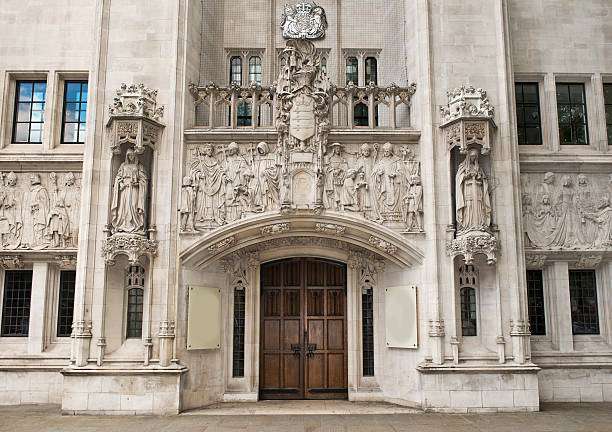
A private recording can be submitted as evidence, but with some conditions :
-
Permission from the court is necessary for a recording to be considered as evidence.
-
Form C2 must be utilized to apply for this permission.
-
Prior to any hearing that will assess its admissibility, the recording must be made accessible to all other parties involved.
According to the Regulation of Investigatory Powers Act 2000 (RIPA), recording conversations without consent in the UK is legal provided the recording to be done by police and law enforcements to investigate for further evidence.
In the UK, the Regulation of Investigatory Powers Act (RIPA) forbids using illegally obtained recordings as court evidence. However, in civil cases, judges may accept relevant information already disclosed.
If a recording is admitted as evidence, it can significantly impact the case, but revealing it to the opposing party may raise concerns about its legality.
If a recording was obtained illegally, the affected party can pursue other options, like claiming compensation under the Data Protection Act.
The use of recorded conversations as evidence is complex, depending on consent. Parties should be aware of the risks and carefully consider its use in court.
No Consent Needs If These Events Occur :
1. Conversations or communications reporting an emergency, like a disaster, fire, disaster, or medical crisis
2. Communications or conversations that include unlawful requests or demands, such as threats of bodily harm, extortion, or blackmail
3. Anonymous or highly inconvenient harassing conversations or communications
4. Communications by a barricaded person or who is holding someone hostage
But If you want to use the voice recording as the evidence, you have to consult with your local attorney before handing the evidence to the court.
Please be advised you cannot place the voice reocrding or any surveillance devices in other private area due to the privacy protection law.
Please be advised : Taking photographs or shooting videos & recording in public places is not illegal in UK unless it’s for nefarious purposes.
However, keep in mind that many seemingly public places such as Malls & retail stores are, in fact, privately owned; in this case, you’ll have to follow the rules that they have put in place.
Taking photos or videos & recording the voice of someone where there is the expectation of privacy is a breach of privacy laws. Examples of this would be in someone’s home.
Can I use an audio recording as evidence in family court in UK ?
Absolutely, Covert Audio and video recordings that are not consensual can be used as evidence. The Court can exclude evidence if Rule 32.1 of the Civil Procedure Rules is followed.
The audio recording evidence permission should be obtained by the judge, when covering recordings are to be used as evidence.
They can help the consideration of a child’s welfare, they can be admitted as evidence.
Can I record my boss harassing at me in UK ?
Inform anyone you record about the purpose of the recording and seek the consent of the person you are recording it for.
Another suggestion, if your boss harasses you directly, you have the right to record without obtaining any consent. If you want to use this evidence in the court, you have to consult with your local attorney before handing the evidence to the court.
If the court proves that your evidence is authentic without any edits, your voice recording will be admissible and able to be used as the evidence.
How to obtain recording consent in UK to use in court ?
If it is for personal use you may not need to obtain the consent from associated parties.
But in term of business purposes, you must do the following activities :
1. You must inform them that a recording is taking place.
2. You must inform of the purpose of the recording. Whether it’s for training, marketing, or other.
3. You must ask for consent to the recording.
Audio recording requirements to be approved by the court
1. Date & Time Stamp – Adding the actual date and time to your evidence strengthens your case with concrete support, making it more compelling and reliable.
2. The speakers must be identified – In UK courts, it’s crucial to know who is speaking in voice recordings. Identifying the speakers makes the evidence more trustworthy and accurate.
It helps verify the recorded conversation, match witness statements, and ensure the evidence’s relevance and fairness.
Knowing the speakers also protects against manipulation and ensures compliance with consent laws, making the evidence stronger and more reliable for a fair legal process.
3. To ensure the recording’s truthfulness, the court must confirm that it has not been changed or altered.
This is crucial because some individuals use their editing skills to create fake evidence and blackmail others.
The court needs to be diligent in verifying the authenticity of the evidence to prevent unjust accusations and protect innocent parties from being targeted by manipulated recordings.
4. Voice recordings presented as evidence in court should ideally be clear and free from any disturbances.
However, even if there is slight distortion or disturbance in the recording, it can still be admissible as evidence if it was legally obtained.
Nonetheless, the presence of such disturbances may reduce the recording’s efficiency in supporting the case, as it could potentially affect the clarity and accuracy of the content.
5. The recording must be directly related to the case at hand. It should have clear relevance to the matters being discussed or the issues being disputed in court.
Irrelevant or unrelated recordings may not be admissible as evidence and may not contribute to supporting the arguments presented during the trial.
how to record conversation legally for business purposes without permission in uK ?
For Business Purposes :
In the UK, it is legally permissible to record without consent under specific circumstances.
1. To prove a business transaction
2. Ensure that the business is in compliance with regulatory procedures
3. To ensure that quality standards are being met in the interests of national security
4. To stop crime or detect the unlawful use of a telecom system
5. Ensure the effective operation of the telecom system
But you have to follow the Investigatory Powers Act (2016), a telephone recording can be made without the consent of the person if a business carries out the recording in compliance with The Telecommunications (Lawful Business Practice) (Interception of Communications) Regulations 2000. To sum up these regulations.
Businesses are allowed to monitor but cannot record phone calls from employees to see whether they are relevant to the business.
conclusion
In the UK, you can use audio recordings as evidence in court, regardless of how you got them. However, you may still face legal consequences as the court considers people’s rights under the Human Rights Act 1998.
To record legally, be part of the conversation or get permission from everyone involved. Don’t place audio recorders or listening devices in private areas without permission or against the law. Following these rules will keep your recorded evidence valid in court and avoid legal trouble.
Explore our solutions
Introducing our “Voice Activated” secretly voice recording feature, designed to help you capture real-time evidence with complete legality.
No more worries about missing critical moments during crucial conversations. With our advanced technology, the recording begins automatically when sound is detected, ensuring every valuable detail is captured for your court case.
Rest assured that your evidence will stand strong and be legally admissible in court.
Don’t compromise on the truth – try our solution today and bolster your case with undeniable proof!
More Outstanding Features :
1. Voice Activated
2. Long life battery
3. Prioritize human voice
4. Able to capture the evidence upto 30 – 50 feets depending on choosing model
5. Date & Time Stamp – Good feature to prove & weigh your evidence in the court
If you have any questions about our product, you can discover our Covert Audio FAQ or get in touch.

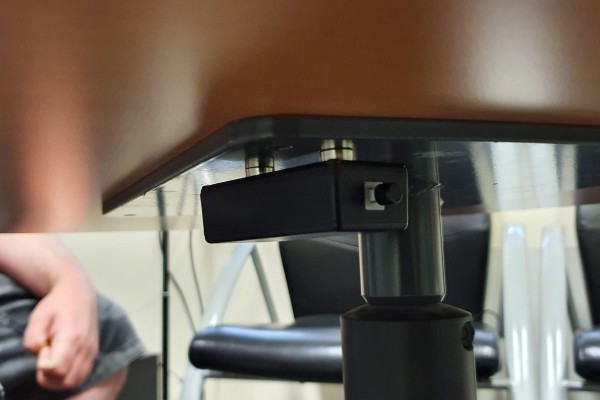
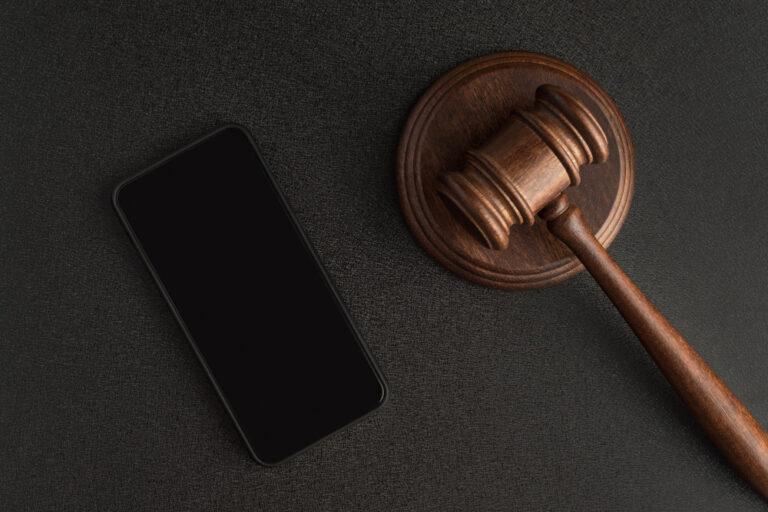
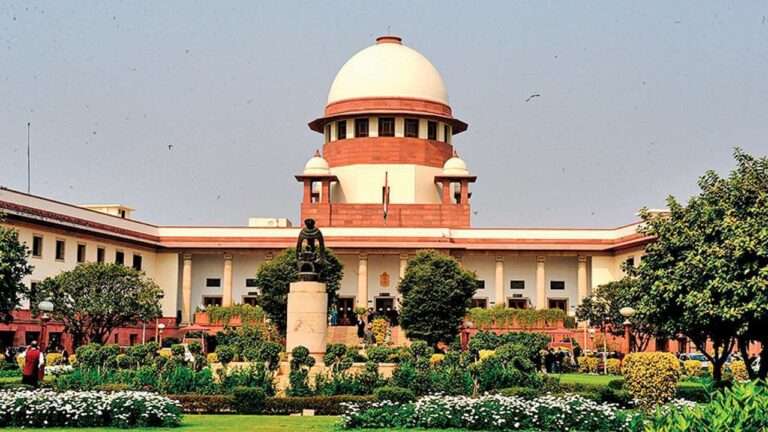


Very useful for a professional lawyer like me. It has helped me understand the advantages that can keep me in a superior position in court cases. It has assisted me in helping my clients use voice recorder evidence in UK court legally and effectively, thereby strengthening their supportive evidence.
Thank you, Edmund. I have researched UK laws and court regulations and found that the UK has a high rate of harassment victims and they were often unprotected due to weak evidence policies. I created this content to guide people, not just to promote my product’s solutions.
A trustworthy resource for legal professionals seeking guidance on using voice recorders in UK civil appeals court cases.
It provides a structured outline covering crucial aspects such as the legal basis, consent of parties, and the application process.
Highly recommended for enhancing evidence gathering and case presentation, it offers valuable insights that improve legal strategy and ensure compliance with relevant UK laws for using voice recorders in court.